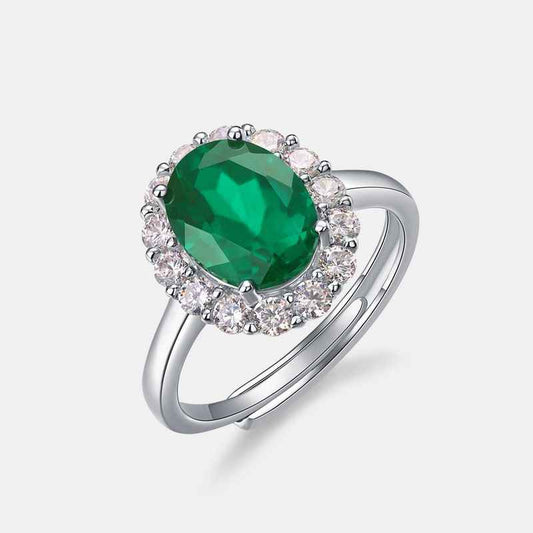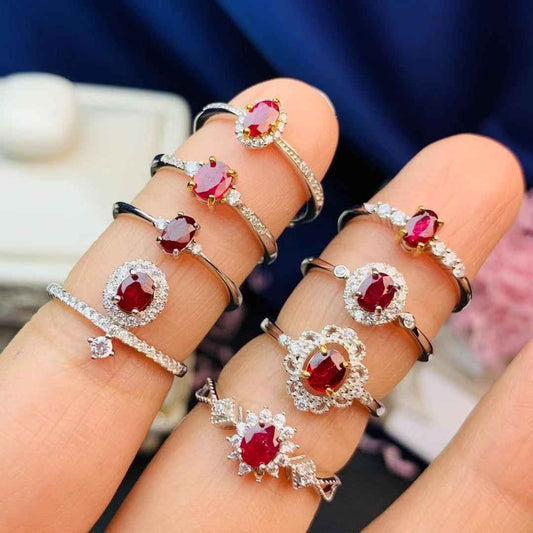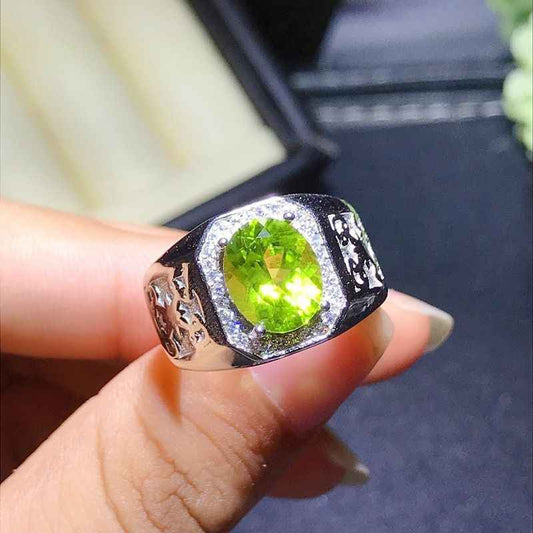Can Feng Shui Change Your Life? Exploring the Impact of This Ancient Practice
Share

Feng Shui, the ancient Chinese art of arranging spaces to promote harmony and balance, has been practiced for thousands of years. But can it really change your life? Many people swear by the transformative power of Feng Shui, attributing improved relationships, increased wealth, better health, and overall happiness to the principles of this practice. In this blog, we’ll explore the core concepts of Feng Shui, how it is believed to affect different aspects of life, and whether it truly has the potential to bring about positive change.
Understanding the Basics of Feng Shui
Feng Shui, which translates to "wind" (Feng) and "water" (Shui), is based on the idea that the flow of energy, or "Qi" (pronounced "chee"), within a space can significantly impact the lives of those who inhabit it. The goal of Feng Shui is to create an environment where Qi flows freely and harmoniously, enhancing the well-being, prosperity, and happiness of the occupants.
At the heart of Feng Shui are several key principles:
-
The Five Elements: Wood, Fire, Earth, Metal, and Water are the five elements that Feng Shui practitioners believe interact with one another to create balance. Each element represents different aspects of life and is associated with specific colors, shapes, and materials. For example, Water is associated with black or dark blue colors, wavy shapes, and reflective surfaces, symbolizing flow and adaptability.
-
Yin and Yang: This principle emphasizes the importance of balance between opposing forces—Yin (passive energy) and Yang (active energy). In Feng Shui, a space should embody a balance between these two forces to create a harmonious environment. For instance, a bedroom should not be too Yang (bright and active) or too Yin (dark and still); it should have a balanced mix of both.
-
The Bagua Map: The Bagua is an energy map used in Feng Shui to analyze the energy flow within a space. It divides a space into nine areas, each representing different life aspects such as wealth, health, career, and relationships. By aligning your space according to the Bagua map, you can enhance specific areas of your life.
-
Qi Flow: The free flow of Qi is essential in Feng Shui. Clutter, poor furniture arrangement, and blocked pathways can obstruct Qi, leading to stagnant energy and negative outcomes. Feng Shui encourages the organization of space to allow for the smooth movement of Qi, which is believed to promote vitality and well-being.
How Feng Shui Is Believed to Affect Different Aspects of Life
Many people believe that Feng Shui can positively impact various aspects of life by creating an environment that supports their goals and desires. Here’s how Feng Shui is thought to influence some key areas:
-
Wealth and Prosperity: In Feng Shui, the southeast corner of your home or office is associated with wealth and abundance. Enhancing this area with elements like a money plant, a fountain, or symbols of prosperity (such as coins or crystals) is believed to attract financial success. By optimizing the flow of energy in this area, Feng Shui practitioners claim that you can create opportunities for wealth and prosperity.
-
Health and Well-being: The center of your home, known as the Tai Qi, is linked to overall health and well-being. Keeping this area free of clutter and ensuring that it is well-lit and open is thought to promote good health. Additionally, incorporating elements like plants, which symbolize life and growth, can enhance the positive energy in this space, supporting physical and emotional health.
-
Relationships and Love: The southwest corner of your home is associated with love and relationships in Feng Shui. Placing symbols of love, such as pairs of objects (e.g., candles, flowers, or figurines), in this area can enhance romantic relationships and foster deeper connections with others. Creating a warm, inviting atmosphere in this part of your home is believed to nurture positive relationship energy.
-
Career and Success: The north area of your space is linked to career and life path. According to Feng Shui, adding elements related to the Water element (such as mirrors, water features, or the color black) in this area can help you achieve career success and open up new opportunities. A clear, organized workspace is also essential for fostering creativity and focus, contributing to professional growth.
-
Personal Growth and Knowledge: The northeast corner of your home is associated with knowledge and self-cultivation. To support personal growth, this area can be enhanced with books, educational materials, or symbols of wisdom, such as crystals. Creating a quiet, reflective space in this part of your home encourages learning and self-improvement.
The Psychological Impact of Feng Shui
While the effects of Feng Shui are not scientifically proven, its principles can have a significant psychological impact. The process of organizing and arranging your space with intention can lead to a sense of control and empowerment. When you consciously design your environment to align with your goals, you may feel more motivated and focused on achieving them.
Moreover, the aesthetic and functional improvements that come from applying Feng Shui can enhance your mood and reduce stress. A clutter-free, harmonious space can create a calming atmosphere, helping you feel more relaxed and at ease. This psychological benefit is one of the reasons why many people find Feng Shui practices to be transformative, even if the changes are not directly attributable to Qi flow.
Feng Shui as a Tool for Mindfulness
At its core, Feng Shui is about mindfulness—being aware of how your environment affects you and making conscious choices to create a space that supports your well-being. This mindfulness can extend beyond physical spaces to influence your thoughts, behaviors, and relationships. By paying attention to your surroundings and how they make you feel, you can develop a deeper understanding of what brings you joy, peace, and success.
For many, the act of applying Feng Shui principles is itself a form of self-care. It encourages reflection on your goals and values and prompts you to take steps to align your environment with your desired outcomes. This intentional approach to living can lead to a greater sense of fulfillment and happiness.
Can Feng Shui Really Change Your Life?
The answer to whether Feng Shui can change your life ultimately depends on your beliefs and experiences. For some, Feng Shui offers a practical and symbolic way to enhance their living spaces and, in turn, their lives. The changes they experience may be subtle, such as feeling more relaxed in a well-organized room or more motivated in a thoughtfully arranged workspace. For others, the impact may be more profound, leading to improved relationships, increased wealth, or greater personal satisfaction.
While there is little scientific evidence to support the claims made by Feng Shui, the practice’s psychological and cultural significance cannot be overlooked. If you approach Feng Shui with an open mind and a willingness to explore its principles, you may find that it brings about positive changes in your life, whether through improved organization, greater mindfulness, or simply a deeper connection to your surroundings.
Conclusion
Feng Shui is more than just a method of interior design; it’s a way of thinking about how our environments influence our lives. Whether or not you believe in the flow of Qi, the principles of Feng Shui can encourage you to create a space that reflects your goals, values, and desires. By doing so, you may find that your environment supports you in achieving the life you want to live.
Ultimately, the power of Feng Shui lies in its ability to help you become more mindful of your surroundings and how they affect you. Whether you’re looking to improve your health, relationships, or career, applying Feng Shui principles can be a meaningful and transformative experience. While it may not work miracles, Feng Shui offers a pathway to greater harmony and balance in your life, one thoughtful arrangement at a time.





